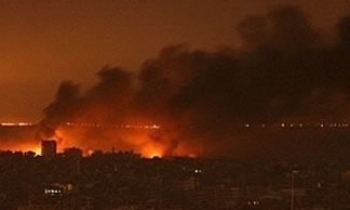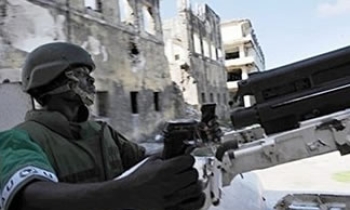KATHMANDU, Oct. 17: The Ordinance to amend some provisions of the Communication Act is based on the draft act formed by a parliamentary sub-committee five years ago with the involvement of all the political parties, Federation of Nepalese Journalists and others related sectors.
Speaking at a programme of the Reporter’s Club on Monday former member of the National Council Ashok Tiwari said that the draft of the new act was formulated feeling the need for making timely changes to the communication policy.
"The present Ordinance is based of that draft and, thus, it is irrelevant for the political parties, which have already agreed to the fundamentals of the draft, to oppose the Ordinance." He said the media should also be liable to be punished for wrong doings. Several other speakers at the programme also said that the Ordinance was meant to make the press and the media dignified and responsible and the Ordinance has fulfilled the need for an appropriate press act to meet the changed context and to avoid yellow journalism.
Communication Ordinance
Editor of Nepal Samacharpatra Pushkar Lal Shrestha said the Ordinance was brought to make journalism disciplined. Some strong provisions would help make the media sector accountable and respectable.
Speaking at the same programme, Managing Editor of the People’s Review Jasuda Pradhan said that it was better to make the press know their limitations than let it go totally unrestrained and Scot-free.
She said even the FNJ had been talking of bringing some act to keep the media within a disciplined boundary. "In the absence of a law, and the pressure from the publishers had forced journalists adopt yellow journalism and sensationalism." There is no reason for journalists to go against the provisions of the Ordinance, she added.
Senior journalist Hari Lamsal said that journalism must not have any more privilege than the fundamental rights enjoyed by all citizens. He said if journalists had any grudges against the Ordinance they could always talk about it rather than go for agitation. He said that they would not participate in any such protests and agitation.
Another journalist Nimkant Pandey accused the political parties of trying to make the media their puppet.
Others, including acting president of FNJ Shiva Gaunle, general secretary Mahendra Bista, senior journalist Harihar Birahi, former president of FNJ Taranath Dahal, President of the Federation of Editors and Publishers Devendra Gautam, Chairman of Press Institute Dhruba Hari Adhikary, President of Nepal Chapter of South Asia Free Media Association (SAFMA) Gopal Thapaliya, and President of Rishi Dhamala, also put forth their views on the Ordinance.









